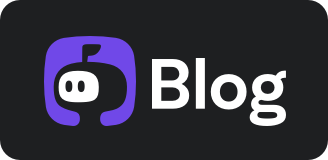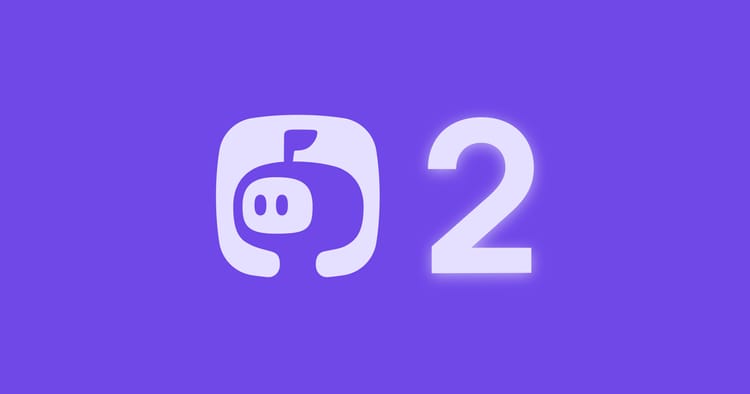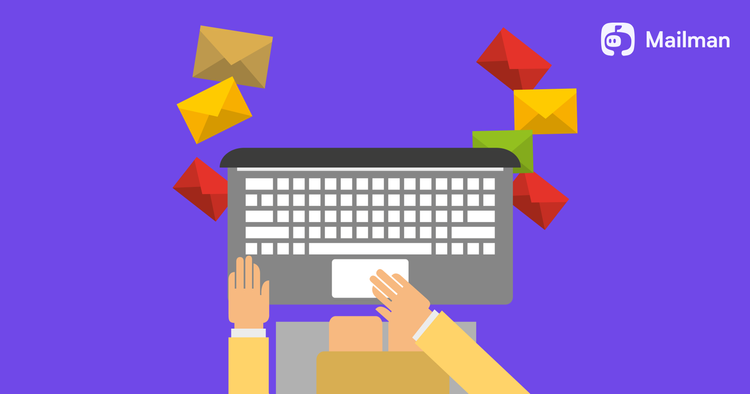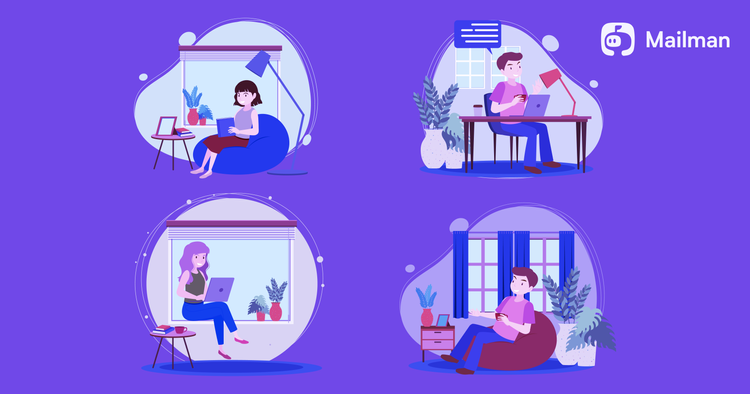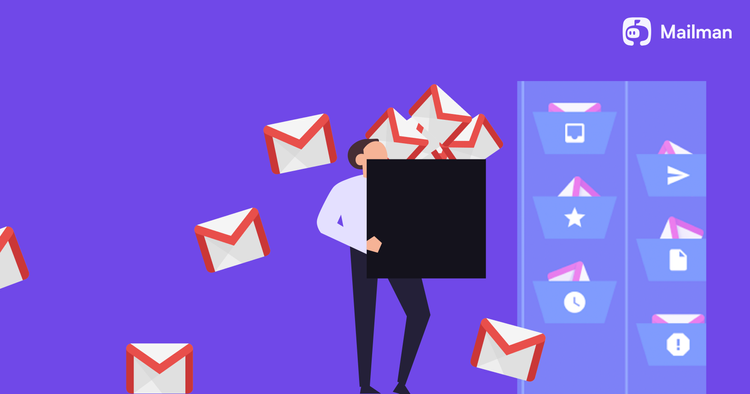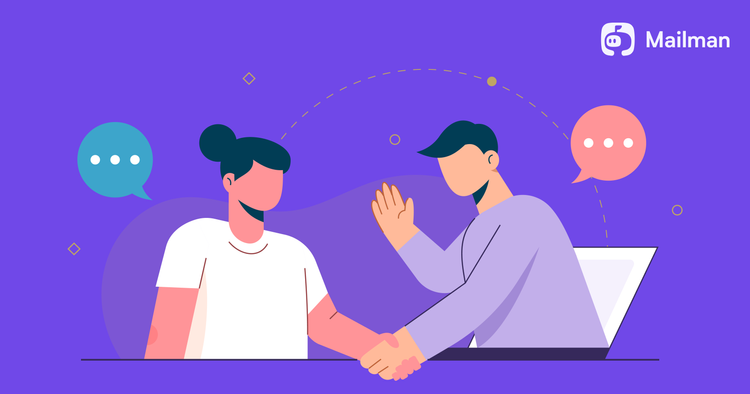Turn off your phone!
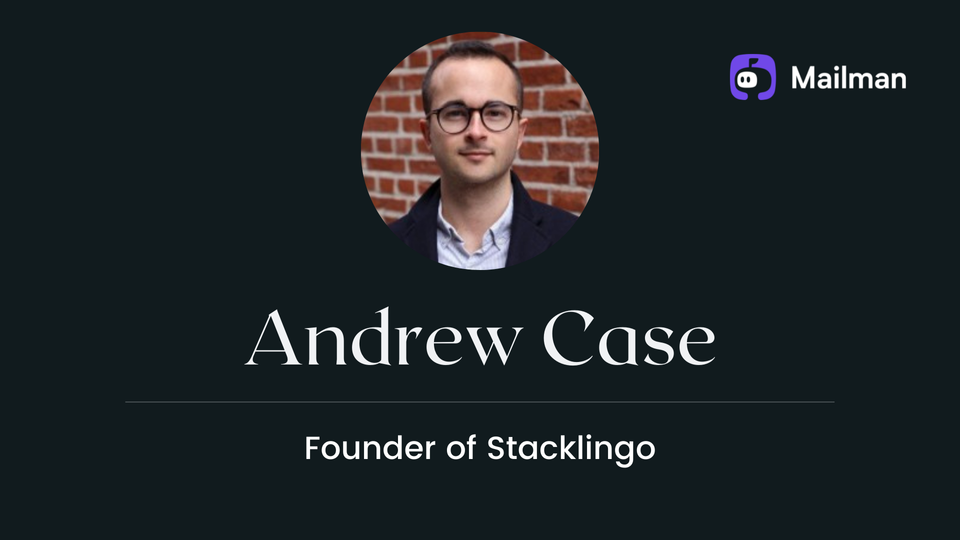
“You can’t do big things if you’re distracted by small things”
There can’t be a better quote than that to start off this blog with Andrew Case, founder of Stacklingo. Andrew believes phones are the biggest source of distraction and to counter it, he goes to the extent of turning off his phone everyday to get productive work done.
He says, “Phone is the biggest source of distraction for me. Not that I'm on calls all the time. But there's always something to check on your phone. I don't want to be opening Coinbase all day checking what's the price of bitcoin or opening social apps like Instagram or Twitter. I don't want to do that.
So I simply turn off the phone to get important stuff done. My productivity goes up a lot after my phone is turned off. It's been the best productivity hack for me.”
On being asked about what he does in case an emergency shows up while his phone his turned off, he says, “There’s very little chance of that happening. Even if there’s something really important, they can simply email me. But that rarely happens. I agree there is a slight risk of missing out on things, but the productivity you get by turning off the phone more than makes up for it”.
That’s just one of Andrew's trick of staying productive, he also has a well structured plan for his day that he maintains inside of Evernote. He uses multiple morning routines to be flexible with the time he wakes up on a given day. It’s just mind-blowing the way he organizes his day.
In this episode, he also shares his story of working at a rocketship company right out of college, doing consulting for multiple years, taking a break and traveling around the globe, shifting to New York City to start his own company and so much more.
Let’s dive straight in!

Andrew introduces himself
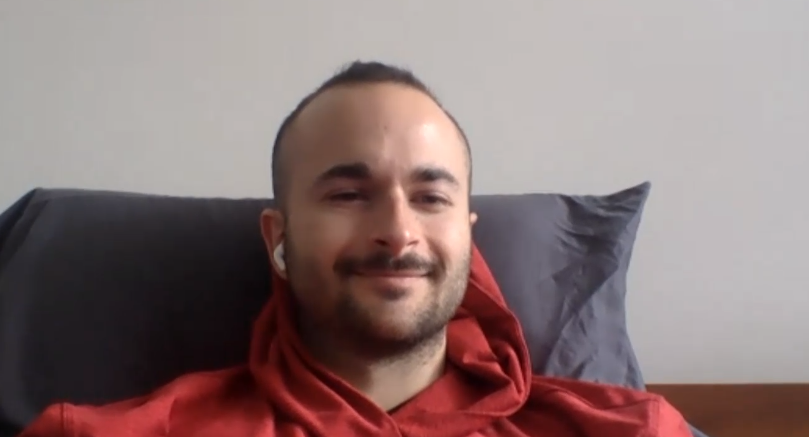
Hi I'm Andrew Case, founder of Stacklingo. I live in Brooklyn, New York. It's an amazing place to stay, even during quarantine. I started Stacklingo after doing consulting for a few years. The basic idea was to take the honey and racket model of cashback and discounts, and apply that to business. We've been building out the platform for the past few months. We have some incredible partnerships and some incredible offers, basically everything a company would need to build out an e-commerce store.
We started with e-commerce, because it's just exploding. Especially during the pandemic, we saw the rise with everything going virtual. We wanted to ride that wave and it's been a fantastic journey till now. We're going to be building more amazing features in 2021 to help e-commerce businesses scale. I'm really excited about that.
Dealing with plenty of advice
When I started working on Stacklingo, I saw a lot of advice on twitter. Like, "you should build a community first", "try to get the MVP out ASAP" and more advice like that. But if I had to do it all over again, I would just focus on talking to customers. Focusing on getting those early signups and building with that cohort of users.
The mistake I did initially was building all by myself, not talking to customers. Now that has changed and I'm working with the customers to build something they want. Talking to customers has been a total game changer for us.
His beginnings
I graduated from college and I took some time to figure out what I really wanted to do. One interesting thing I did is starting a blog. I was 22 years old and was really trying to find my path in life. I did a blog asking all the different people I follow, "What advice would they give to themselves in their 20s?".
I reached out to James Clear, among other thought leaders. One of them was Derek Sivers, he told me, "Move to the city where all of your heroes are. Don't go to the 2nd or 3rd, go to the no. 1 city. If it's fashion, go to New York. If it's entertainment, go to LA. If it's tech, go to San Francisco."
After I got that advice, I got a 1 way ticket to California into San Francisco. I didn't have that much money. When I arrived, I was in a coffee shop and I literally hit up every single person I could possibly find. You won't believe me, but within 3 weeks of landing in San Francisco, I had a job at Zenefits.
When I joined there were about 50 employees and we were the Silicon Valley darling or about to become the Silicon Valley darling. Zenefits had a meteoric rise, within a year of me joining we had a 1000 employees.
It was a rocketship growth. At one point we were valued at 4.5 billion dollars. For me, a 23 year old just coming out of college, it was incredible. Crazy!
Of course after that rocketship growth, it came back down to earth. But within that, it was a really exciting journey. I worked in the sales department, after that as an account executive. I rose through those ranks but then I was burnt out. I needed some time off. So I took a 6 month trip around the world. That was amazing. I was figuring what's next in my journey.
Then after coming back I moved to New York city and started doing consulting. I knew I didn't want to join another startup, I wanted to do my own company but I didn't know which one yet. So I did consulting for a few years. Then I started Stacklingo, which is the part of my journey that I'm really really excited about.
Consulting V/s Building your own company
Consulting is about working to build someone else's dream. At some point you want to start working to build your dream. That's the reason I started Stacklingo after years of consulting and helping others succeed.
Also, scaling a consulting business is different from scaling a product business. In consulting scaling is more focused on adding more human power, while in a product business scaling is majorly driven by the product itself. I like scaling with the product better.
Traveling gets you out of your bubble
In my 6 months world trip, I travelled to Mexico city, Cuba, Japan, South Korea, Australia, Bali and Europe. I got to see a lot of different kinds of people from different cultures. What it does is, it brings you out of your bubble. We've so many bubbles that we live in. Your country is a bubble, your social media is a bubble, your friends circle is a bubble. Traveling helps you come out of these bubbles and experience different realities that you didn't know existed.
Besides, I learnt to be grateful for the opportunities and privileges I have. Even traveling is a dream for many around the globe. After traveling the world, I'm more grateful for everything.
A typical day
I normally wake up at 6-6:30, then I drink an expresso. I start with my morning routine, if it's hot outside I go to a coffee shop and start journaling there. If it's cold, I just go to my living room and journal there. I do that for about 30-35 minutes and it's a free hand journal, so I put down whatever my thoughts are.
Once I'm done with that, I list down the top 3 things I want to get done today. That helps me focus. Then I write down 10 different ideas, it exercises the idea muscle. I've been doing it for years and it's great.
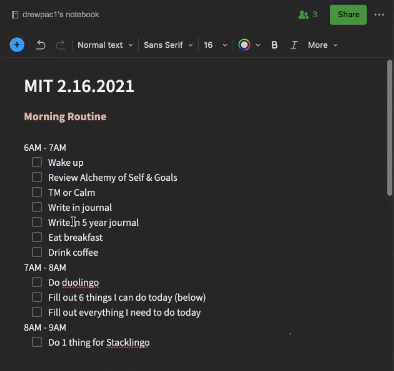
Then I open my laptop and start organizing my day. I use Evernote, there are different templates inside Evernote that you can use. The way it's structured for me is, at the top I've my morning routine marked out. Then there's a personal section, all personal interactions are in this section. After that a section for my top 3 things for the day. Just below that all the tasks I have for Stacklingo.
After all of this is done, I normally wrap up my day around 5 or 6PM. These days it's hard to wrap up at time, since you don't have much to do outside work as the pandemic is going on. But still I make a concerted effort to finish my day by 6 at max. Then I'll go for a walk with my girlfriend or hang out with friends.
"Turn off phone"
Phone is the biggest source of distraction for me. Not that I'm on calls all the time. But there's always something to check on your phone. I don't want to be opening Coinbase all day checking what's the price of bitcoin or opening social apps like Instagram and Twitter. I don't want to do that.
So I simply turn off the phone to get stuff done. My productivity goes up a lot after my phone is turned off. It's been the best productivity hack for me.
Managing the calendar
I leave my mornings open for all the importance and creative stuff. By the afternoon, my energy is slightly drained, so I can't do much of focused and creative work in the afternoon. I prefer doing my meetings during that part of the day.
I also stack all my calls. Having them in a bunch instead of scattered all over the day. This actually helps organize your time and energy a lot better.
Figuring out the top priorities
It's always difficult to figure out what's really important and deserves my time. A standard procedure I follow is, if there's something repetitive, I will delegate it. My focus is on finding the right direction for Stacklingo and finding the right people who could do the work to take it in that direction.
I've heard this saying that goes, "the founder or CEO of the company should be focusing on the revenue, financing of the company and recruiting the best people to do the work underneath". Those are the kind of things that find a place in my top 3 priorities for the day.
Learnings from mistakes
I acquired multiple learnings overtime around how I should plan my day and manage my time. One, I need to be more flexible. Two, I need to have multiple morning routines. Like if I wake up at 6, I follow this routine and if I wake up at 7, I've a different routine to follow.
A mistake I made earlier was to be too hard and rigid with myself. Now I've embraced flexibility and it definitely helps.
One extra hour
If I get an extra hour in my day, I would spend it with my family and friends. You realize while going through life that you really really need a good support system. That for me comes in the form of family and friends. Building quality relationships in high my on my priority list. Whether it's face timing my sister or a date with my girlfriend. All of that is super important for me.
The other thing I would do is reading. So I'll either read a quality book or spend quality time with my family. Either of those two.
How to reach Andrew?
Twitter is the best way to reach me. I'm at @andrewbcase.
